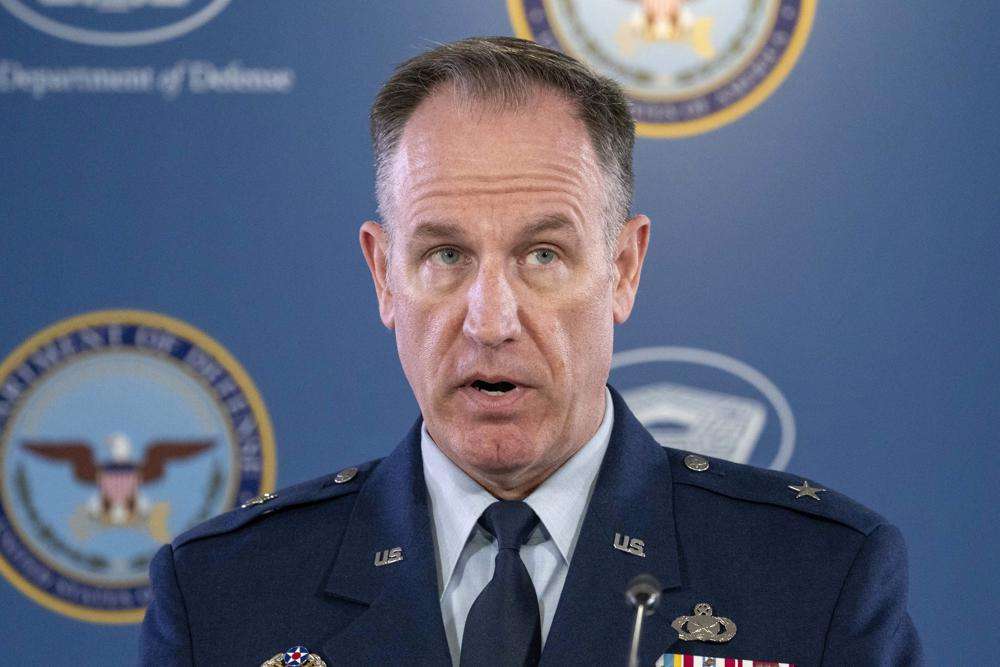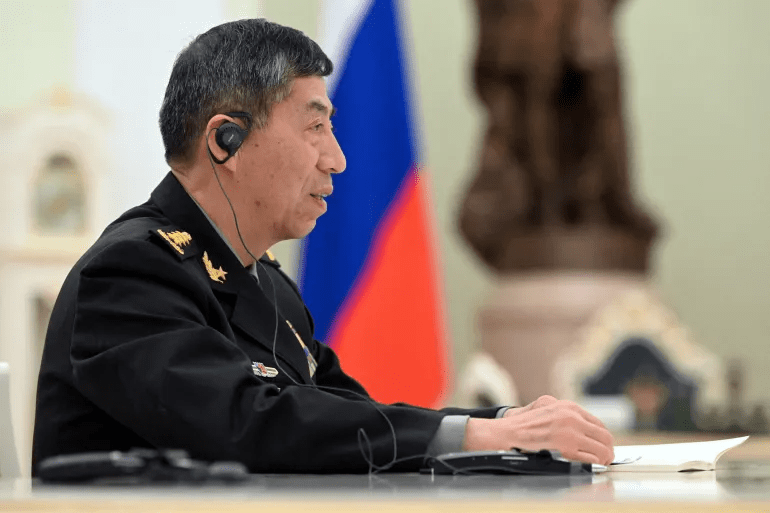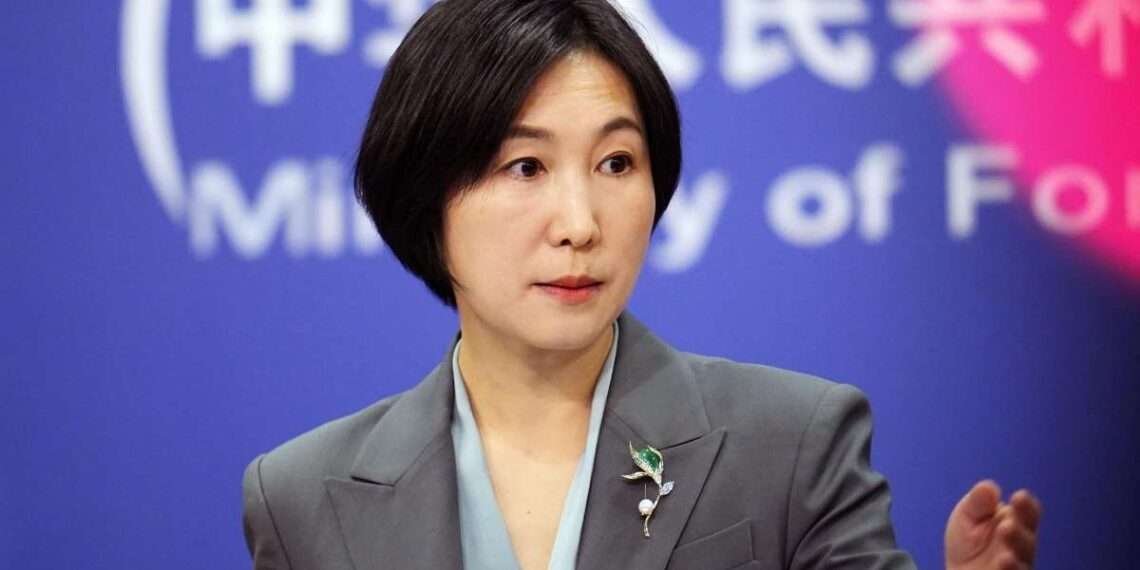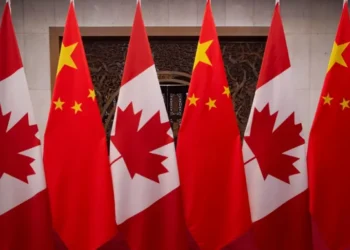China has declined an invitation for a meeting between U.S Secretary of Defense, Lloyd Austin and his Chinese counterpart, Li Shangfu in Singapore.
Beijing’s foreign ministry blamed the United States for its decision to refuse the invitation, claiming Washington was “well aware” of the reasons behind the lack of military communication.
Foreign Ministry spokesperson Mao Ning stated at a news briefing that Washington should “earnestly respect China’s sovereignty and security interests and concerns, immediately correct the wrongdoing, show sincerity, and create the necessary atmosphere and conditions for dialogue and communication between the two militaries.”
Pentagon Spokesman, Brigadier-General Pat Ryder noted in a statement on Monday, May 29, 2023, that the People’s Republic of China (PRC) “declined our early May invitation” for the two military chiefs to meet in Singapore.

“The PRC’s concerning unwillingness to engage in meaningful military-to-military discussions will not diminish (the defense department’s) commitment to seeking open lines of communication with the People’s Liberation Army.”
Brigadier-General Pat Ryder
John Kirby, a Spokesperson for the White House, stated last week that negotiations were ongoing to begin talks between Austin and his Chinese counterpart, who was appointed Defense Minister in March.
Austin and Li will both be in Singapore for the Shangri-La Dialogue, an annual security summit which is due to start on Friday, June 2, 2023. Austin met Li’s predecessor, Wei Fenghe on the sidelines of the event last year.

U.S. Defense Secretary, Lloyd Austin is scheduled to address the Shangri-La Dialogue on Saturday, June 3, 2023, while Chinese Defense Minister, Gen. Li Shangfu will speak at the gathering on Sunday, June 4, 2023.
Austin will travel first to Japan where he is slated to hold talks with his Japanese counterpart, Yasukazu Hamada before visiting U.S troops stationed in the country.
He will then take a flight to Singapore where he will address the summit on Saturday morning, and “meet with key leaders to advance US defense partnerships across the region in support of our shared vision for a free and open Indo-Pacific, anchored in ASEAN centrality,” according to the Pentagon, referring to the Association of Southeast Asian Nations, an economic and political coalition of 10 member states in Southeast Asia.

After Singapore, Austin will travel to India and then to France where he will partake in events commemorating the 79th anniversary of D-Day invasion.
Tense Relations Between Beijing And Washington
Relations between U.S and China have been strained over Washington’s military support and sales of defensive weapons to self-governing Taiwan, China’s assertions of sovereignty to the contested South China Sea and its flying of a suspected spy balloon over the U.S.
After the United States shot down a Chinese spy balloon that had crossed the country, Secretary of State, Antony Blinken postponed a trip to Beijing that was scheduled for February. Later, in Austria, he had a meeting with Wang Yi, the Communist Party’s senior foreign affairs adviser.

The Pentagon claimed that China declined to take a call from Austin to discuss the balloon issue. Military communications are still plagued with suspicion and reproaches, and they have yet to show any signs of change.
Taiwanese President, Tsai Ing-wen’s visit to the United States in April, which included a meeting with House Speaker Kevin McCarthy, also incensed Beijing. To signal its intent to attack and weaken Taiwan’s defenses, China’s People’s Liberation Army conducts military drills and sends fighter planes, drones, and ships close to the island.
The United States Navy’s activities across the Taiwan Strait and near Chinese-controlled islands in the South China Sea are also protested by China, which responds by sending its own ships and aircraft and increasing the risk of accidents or collisions.























